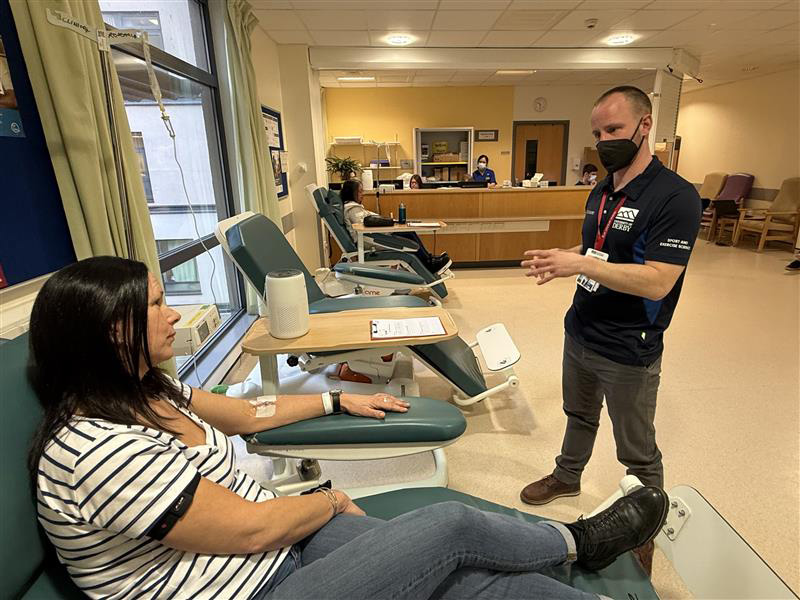Navigating Gaslighting and Narcissism in Educational Environments: Strategies for Empowerment

In the intricate landscape of educational settings, the often discreet but profoundly impactful issues of gaslighting and narcissism have gained recognition. This synthesis delves into the complexities of these behaviours, their psychological implications, and their effects on the perspectives of peers and leadership within the realm of Further Education (FE) and Education.
Understanding Gaslighting and Narcissism
Gaslighting, as Haelle (2023) illustrates, involves psychological manipulation that breeds self-doubt and questions one’s reality. This can be a potent tool when wielded by narcissists, who struggle to acknowledge their actions (User, 2023). The synthesis amalgamates these concepts to explore their impact on mental health, work relationships, and educational atmospheres.
Psychological Implications and Mental Health
Educational psychologists emphasize that gaslighting and narcissism can wreak havoc on mental health, leading to anxiety, depression, and self-doubt (Haelle, 2023). Ferretti’s insights highlight the gaslighter’s insecurity and the narcissist’s inability to perceive faults (User, 2023). These dynamics can disrupt one’s self-esteem, performance, and decision-making abilities, resonating deeply within educational environments.
Recognizing the Red Flags
Gaslighting is recognizable through denial, blame-shifting, and manipulation (Haelle, 2023), while narcissists often feign innocence (User, 2023). The synthesis underscores the importance of acknowledging these signs, as they can help individuals identify and address such behaviours promptly, thus safeguarding mental well-being and fostering a supportive atmosphere.
Impacts on Peers and Leadership
In educational contexts, gaslighting and narcissism are not isolated experiences but ripple through relationships. Peers can either exacerbate or alleviate the victim’s distress through social support (Johnson & Johnson, 2014). Leadership, however, holds the power to mold the organizational climate; their response to gaslighting incidents shapes perceptions of safety and empowerment.
Empowerment and a Path Forward
Resilience theory and emotional intelligence offer insights for empowerment (Seligman, 2011). Challenging gaslighting signals a refusal to be manipulated and aligns with the principles of resilience (User, 2023). Educational leaders can intervene using emotional intelligence strategies, creating a culture that values open dialogue and psychological well-being.
Conclusion
Gaslighting and narcissism, though insidious, are not insurmountable within educational landscapes. This synthesis navigates their nuances, urging for proactive responses, peer support, and leadership initiatives. By merging psychological understanding, emotional intelligence, and theories of well-being, the path forward involves a united commitment to mental health and the growth of all involved in the educational journey.
By Gavin Hoole











Responses